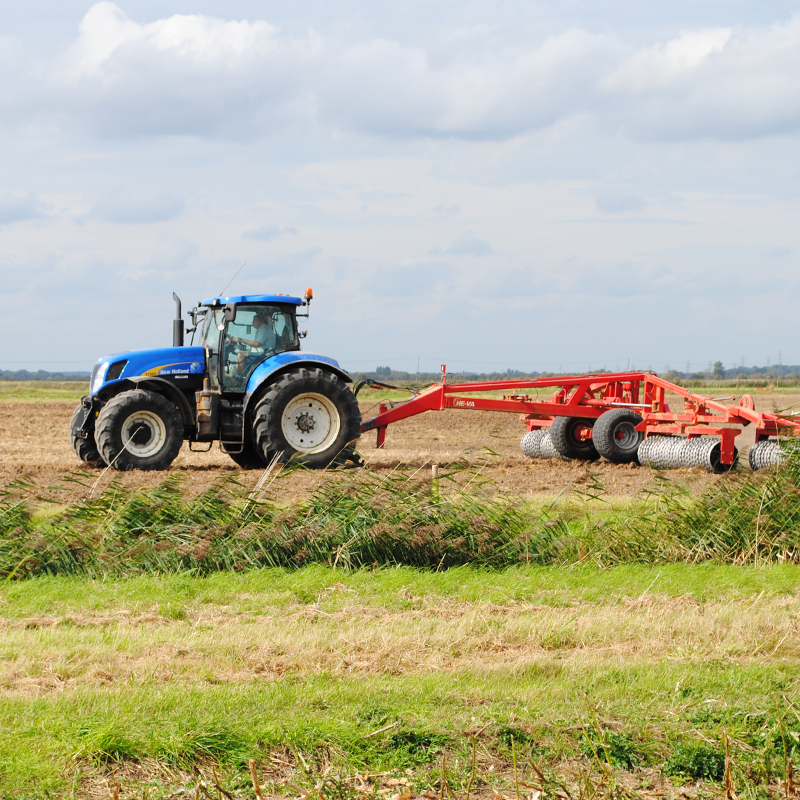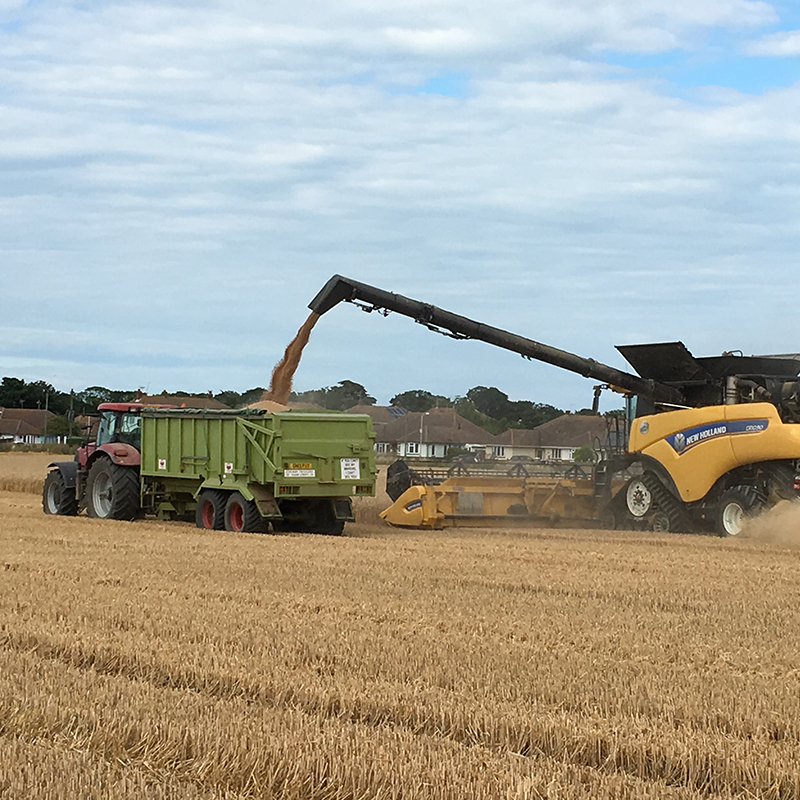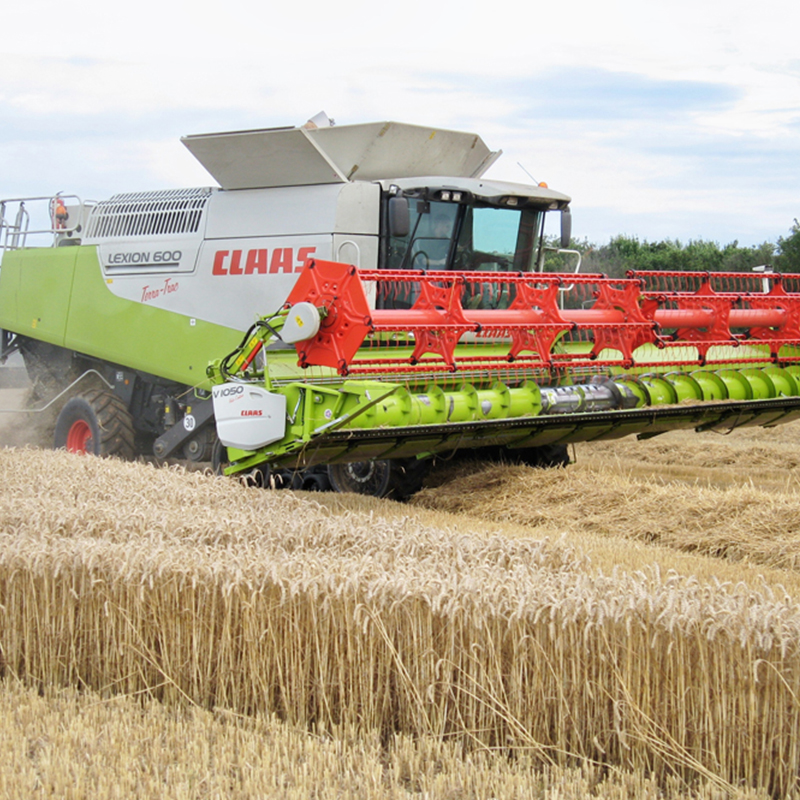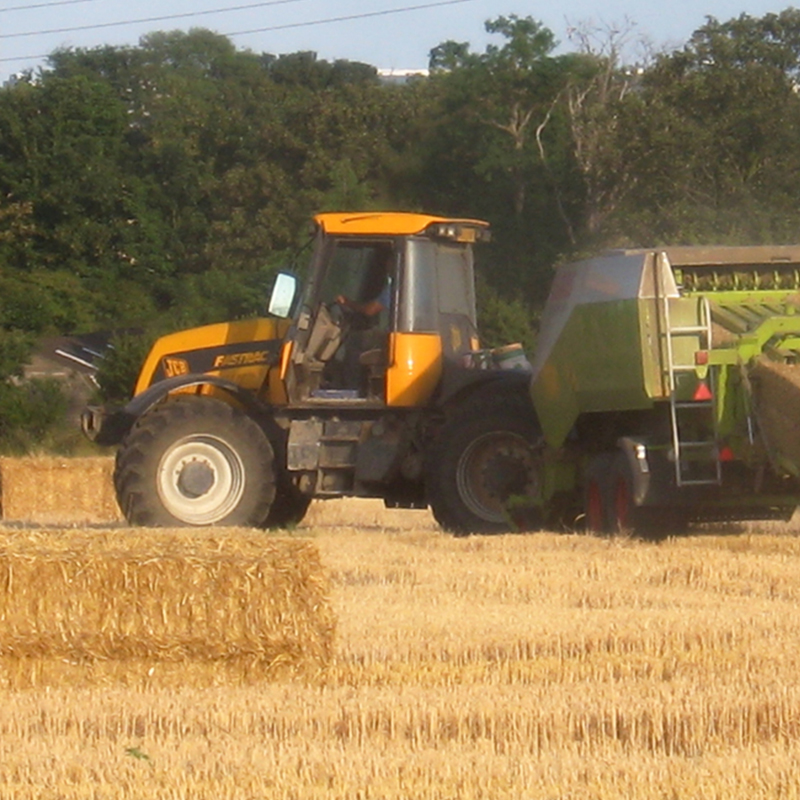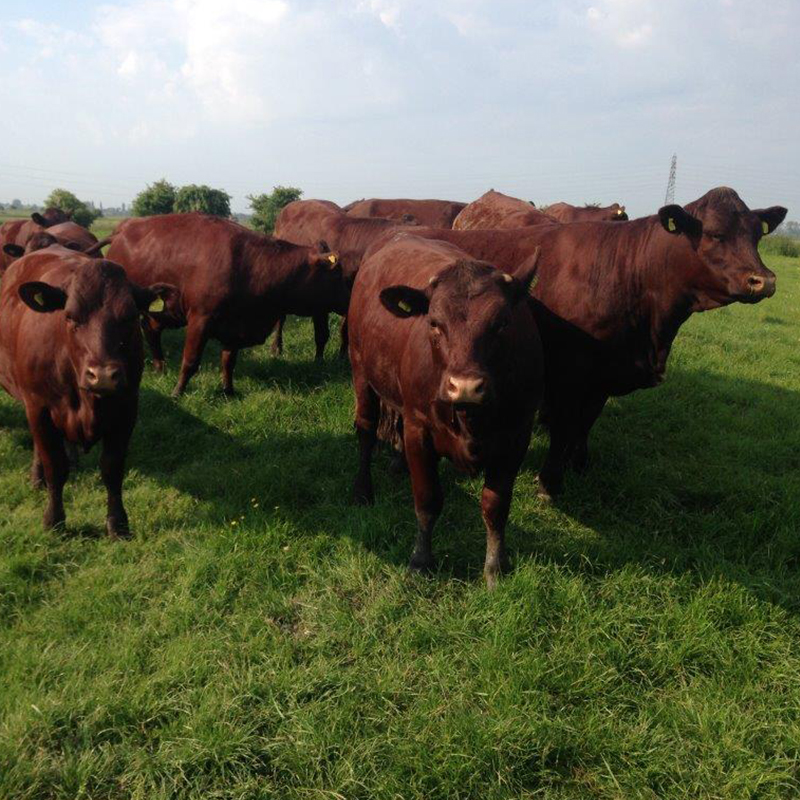
Quex Park farms 1400 acres in-house, plus a further 1200 acres under contract agreements with other local farmers. The main crops grown on the estate are wheat, oilseed rape, potatoes, oats, fava beans and maize silage. A single suckler herd of Sussex cross cattle graze the marshland areas.
To find out more about Quex Farming visit our NEWS AND ARTICLES page.
Wheat
The fertile soils and dry climate means that the farm can grow quality milling wheat. Enough bread can be made by the wheat grown on the farms to supply the country for one day’s consumption.
Oilseed Rape
Oilseed rape is grown for its vegetable oils. The cold pressed oils are low in saturated fat, have an optimum balance of Omega 3 and Omega 6 and contain Vitamin E.
Beans
Beans are harvested dry and go for the human consumption market, often exported to Egypt. They are the main ingredient of falafel.
Potatoes
Maris Peer salad potatoes, King Edwards and Desiree are the most common types of potatoes grown. Thanet is famous for its potatoes. The quality of the taste is put down to the nutrients in this grade 1 soil. They are sold locally and to the supermarkets.
Oats
Oats are in increasing demand due to their health properties. Amongst many other things they are good for your heart, are rich in fibre and can help reduce cholesterol.
Maize silage
Maize is grown and taken to the nearby anaerobic digestion plant where the maize silage is fermented to make methane. 1 hectare (1½ football pitches) will produce enough gas to power 4 homes for a year. The Estate grows enough maize to power about 1,000 homes. All the biproduct is returned to the soil as organic matter.
Cattle
The marshland is grazed with a local cattle breed called the ‘Sussex’. These animals are predominantly pasture fed, go to a local slaughter house and supplied to local butchers including the Quex Barn
This is the most animal welfare and carbon efficient way of producing beef. The cattle graze unfertilised grassland at a low stocking rate. This encourages wildlife and cattle are an essential part of the conservation schemes agreed with Natural England.

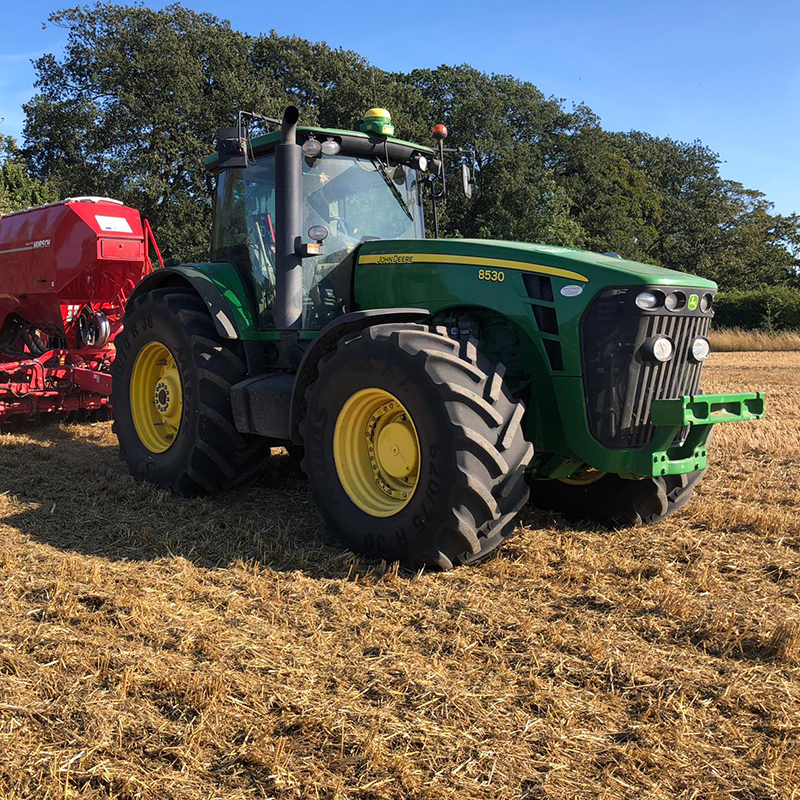
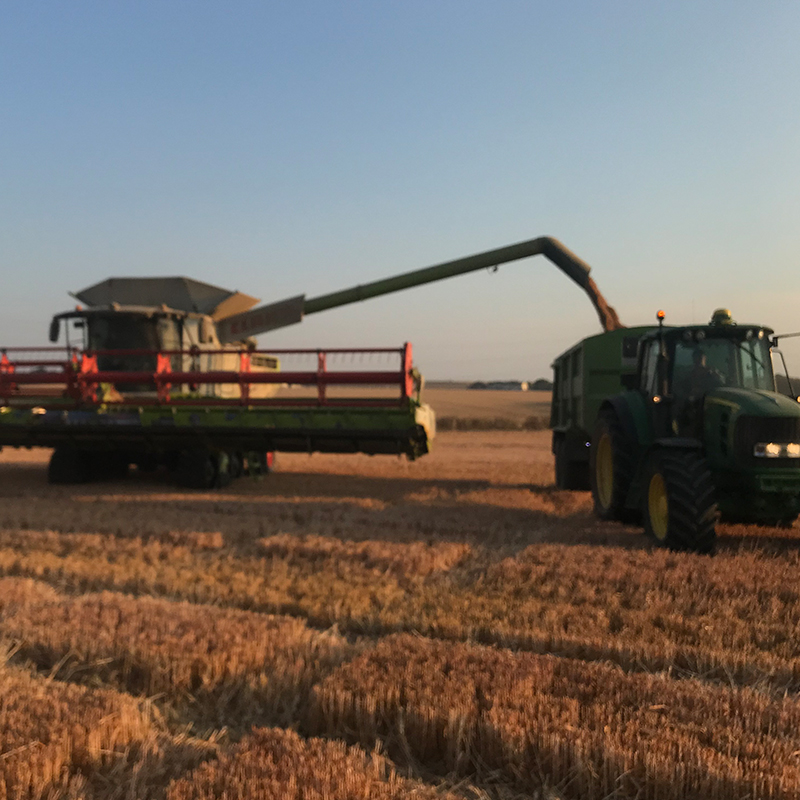
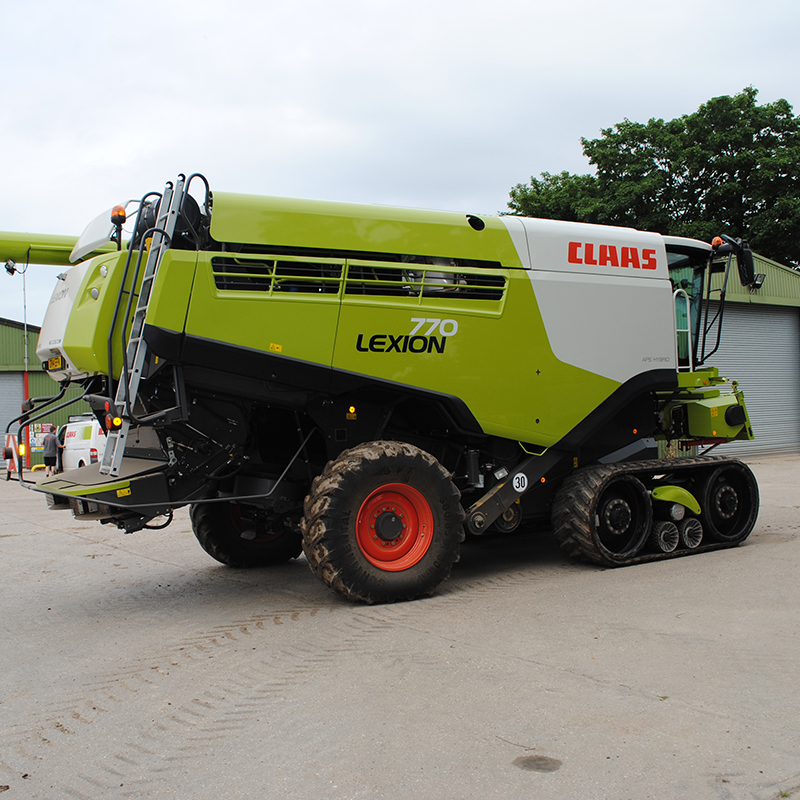
The Estate is a member of the Nature Friendly Farming Network. This is an organisation that unites farmers who are passionate about wildlife and sustainable farming.
For instance, the Estate undertakes such practices as sowing ‘cover crops.’ This is where plants are sown between crops rather than allowing the fields to have exposed bare earth.
These crops are not harvested but cultivated in before the next crop is sown. This procedure helps prevent nutrient loss, reduces water run-off, increases the organic matter in the soil which then also sequesters carbon.
The roots of the cover crops improve the structure of the soil, increase the flora and fauna and provides flowers for late pollinators.
The farms have also started using direct drilling techniques where crops are sown without prior cultivation of the soil. This reduces the use of diesel and again helps with the structure of the soil.
The farms are run in conjunction with the environmental schemes.
School and Farmers’ groups are always welcome to look around the Estate and Farm.
Please contact us to arrange a visit by telephoning 01843 841119 or email info@quexpark.co.uk
